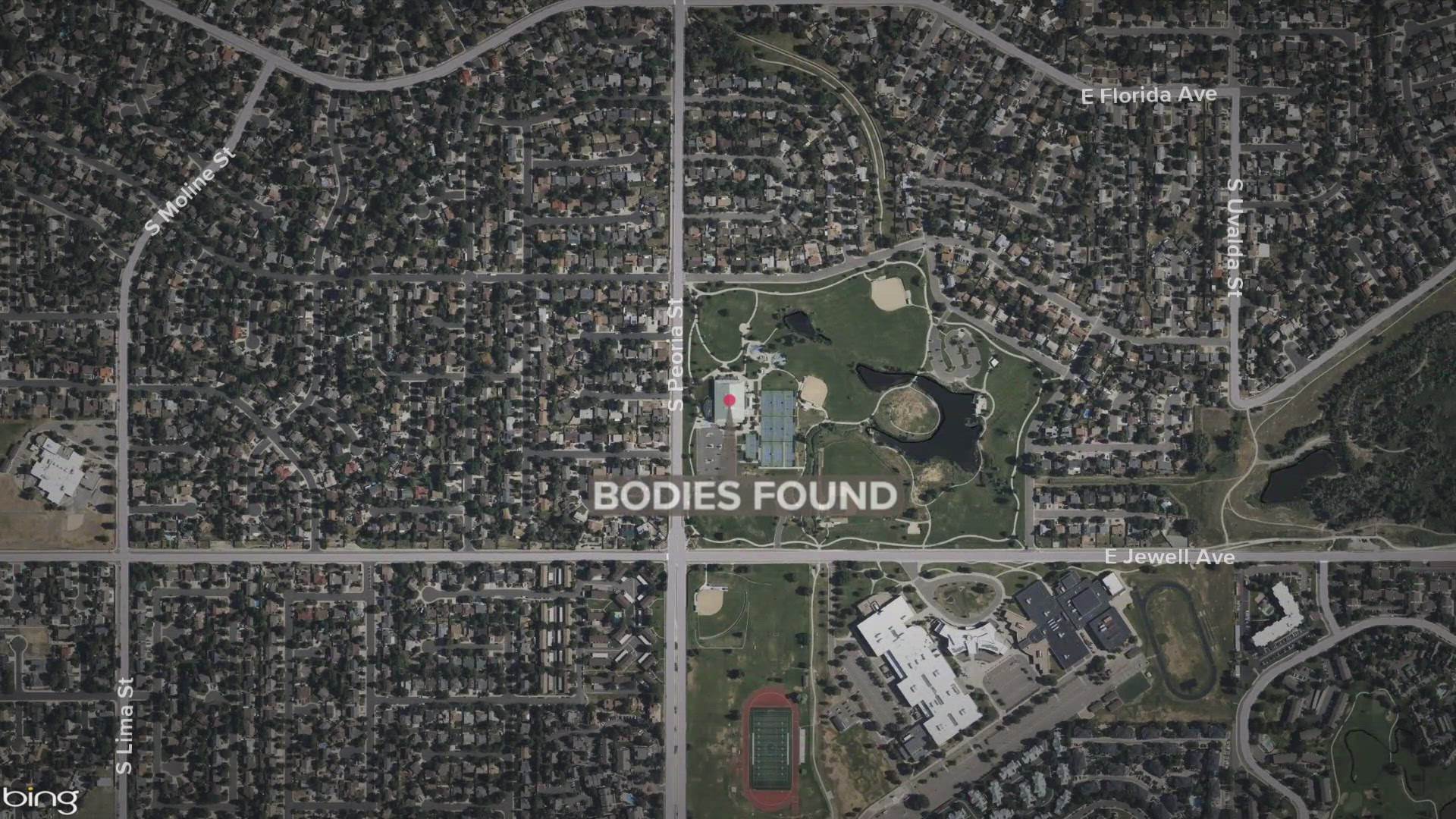DENVER —
Callers that claim to be someone they're not, sketchy online transactions and false job postings are among the top scams in Colorado, according to a Colorado Bureau of Investigation (CBI) report released Thursday.
Below is CBI's list of top scam trends currently, including ways scammers may try to gather personal information and how people can protect themselves from identify theft.
Impostor Scams
Typically, a caller poses as a government official and tells the victim there is a problem involving their social security number.
The caller may threaten to arrest or garnish the victim's bank accounts. The caller may try and gather personal identifying information by asking the victim to confirm social security numbers, full legal name or date of birth. The victim may then be instructed to purchase gift cards to pay a fine or secure their funds in a "secret" account.
CBI reminded people that is not how the government operates. No government agency accepts gift cards for payment as a way of avoiding arrest. CBI also added that no government agency will advise people to clean out bank accounts and convert those funds into gift cards.
Online purchasing scams
There are two versions of online purchasing scams.
In one scenario, the victim is the seller, and in the other, the victim is the buyer. Both are designed to separate the victims from their money.
As a seller, a scammer might send somebody a check for the purchase price of the item, plus a substantial amount more. The scammer may ask the victim to deposit a check and then send the extra cash to their shipper or moving company. CBI said that check is likely going to bounce, leaving the victim out the money that they sent and then owe the bank.
As a buyer, the victim may pay for an item they will never receive. The item may then remain for sale online, even though It might not exist.
Work-related scams
These scams could be work-from-home scams, false job postings on LinkedIn or Indeed, or the victim could receive a check in the mail as a job offer. Many “work-from-home jobs” listed may be fake. CBI said that if it sounds too good to be true, it most likely is.
Someone could apply for a job online thinking it is legitimate, then be interviewed through a chat or other online forum. The goal of the scammer is to get a victim to reveal their personal identifying information in the interview by obtaining their full legal name, date of birth, social security number and bank account information.
The check-cashing scam tries to convince a victim to deposit and cash a check. CBI said that the victim is instructed to take their cut from the check and wire the rest to a designated person. The victim in this case may be tricked by this scam into helping a criminal move money around and possibly out of the country. The check could also end up being a fake, and the victim may once again be out the funds and owe their bank.
To report a scam, CBI has a 24 hour Identity Theft and Fraud Hotline at 1-855-443-3489. People can also visit CBI’s website.
SUGGESTED VIDEOS | Investigations from 9Wants to Know



